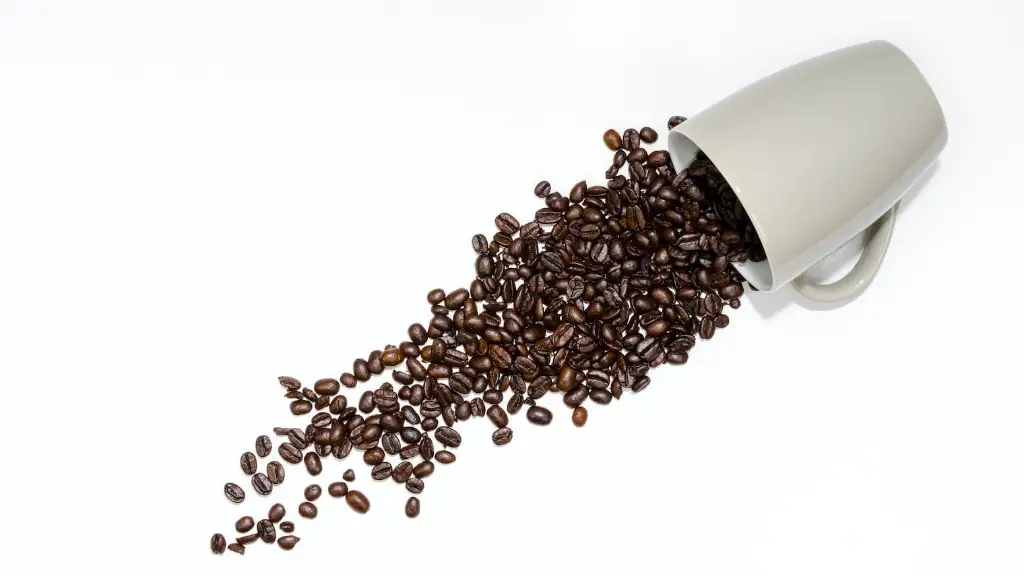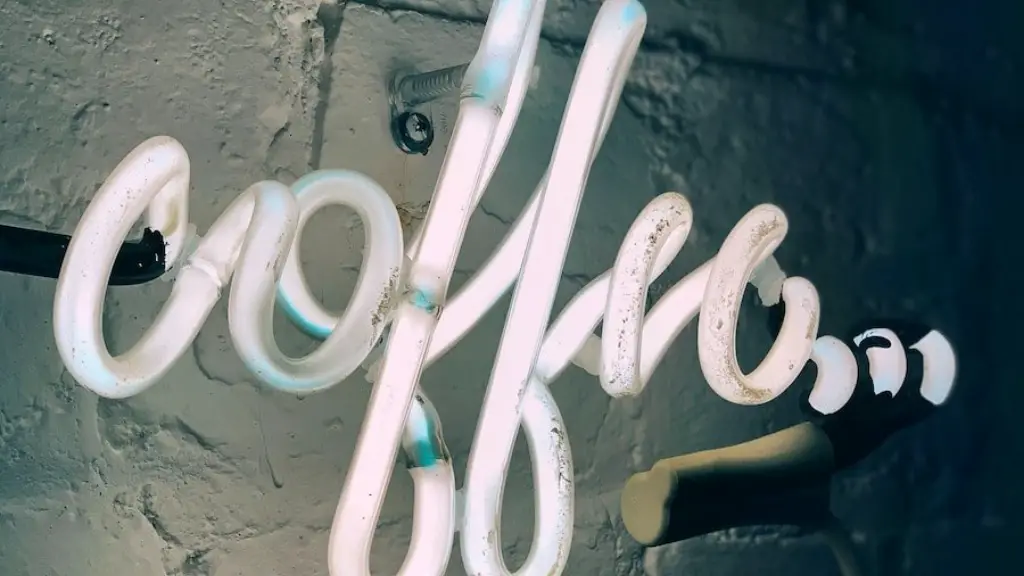Is Decaf Coffee Good For Acid Reflux?
Acid reflux, or GERD (Gastroesophageal Reflux Disease), is a common digestive disorder affecting millions of individuals around the world. Symptoms such as heartburn, nausea, and chest pain are often caused by acid reflux, making it a painful and inconvenient condition to manage. One of the proposed treatments for acid reflux is to reduce the amount of caffeine consumed, with some studies showing that decaffeinated coffee can provide relief.
Coffee is one of the main sources of caffeine. Caffeine is an acid that can increase the production of stomach acids, leading to greater feelings of discomfort for those with acid reflux. Therefore, it might be beneficial for individuals with this condition to switch to decaffeinated coffee.
However, there is some conflicting evidence about whether or not decaf coffee is beneficial for those with acid reflux. Some studies have found that decaf coffee can still cause heartburn, while others contend that the acidity of decaf coffee can increase the chances of symptoms. More research is needed to properly assess the true effects of decaf coffee on those with acid reflux.
What The Experts Say
According to experts, reducing one’s caffeine intake is a start in managing acid reflux. Dr. Prochet, a gastroenterologist at Williamsburg Regional Hospital in Virginia, suggests that people with acid reflux should “opt for tea, juice, or water as an alternative to coffee.” He also notes that decaffeinated coffee can still have
acids that can “aggravate existing symptoms.” On the other hand, Dr.
Gerbstadt, a registered dietitian with the Renaissance Center in
Detroit, Michigan, contends that decaf coffee can still be consumed
in moderation and need not be completely excluded from the
diet. According to Dr. Gerbstadt, those with acid reflux should
avoid alcoholic beverages and other caffeinated drinks, but decaf
coffee can still be consumed in “smaller amounts.”
Analysis and Insight
It appears that the decision to drink decaf coffee while suffering from acid reflux is a grey area; some experts suggest that people with the condition should opt for non-caffeinated drinks, while others contend that decaf coffee can still be enjoyed in moderation.
The overall consensus is that there is no definitive answer to this question. It appears that the decision to drink decaf coffee while suffering from acid reflux may come down to individual preference. If symptoms persist, it may be best to avoid drinking any caffeine at all.
In any case, making sure that you are getting enough rest, avoiding acidic foods, and chewing gum after meals may provide relief from acid reflux without the need to give up decaffeinated coffee entirely.
Benefits of Decaf Coffee
Decaffeinated coffee has many benefits, including the fact that it is almost completely free of caffeine. Decaffeination also removes an estimated 99% of the carcinogens and other health damaging compounds found in regular coffee. Additionally, decaf coffee contains many of the beneficial antioxidants found in regular coffee, without the side-effects of caffeine, such as jitteriness, sleeplessness, and agitation.
How Decaf Coffee is Made
There are several methods used to decaffeinate coffee, but the two most common are the water process and the chemical solvent process. The water process involves soaking the beans in hot water to extract the caffeine, while the chemical solvent process uses chemical solvents to draw out the caffeine.
Although both methods are effective, the water process is generally considered to be the safest and produces a coffee that tastes more like regular coffee. It is also important to note that some solvents, such as methylene chloride, may leave a chemical evidence in the coffee, meaning that decaffeinated coffee made with chemical solvents may still have traces of chemicals in it.
What to Look for When Buying Decaf Coffee
When buying decaf coffee, it is important to look for coffee that is labeled as “naturally decaffeinated” or “water processed”. This will ensure that the coffee has been decaffeinated using the water process and not the chemical solvent process, making it less likely that chemicals are present in the coffee.
It is also important to look for high-quality beans, as lower-grade beans may not have been properly decaffeinated and may retain more of the original caffeine content. Finally, it is also a good idea to buy ethically-sourced coffee, as this will guarantee that the beans were grown without the use of chemical pesticides, further reducing the risk of chemical contamination.
Side Effects of Decaf Coffee
Although the caffeine content of decaf coffee is much lower than regular coffee, it can still cause side effects such as headaches, increased heart rate, and increased blood pressure. It is important to remember that everyone responds differently to decaf coffee, so it is best to consult a medical professional before consuming it.
In addition, many people find that decaf coffee does not taste as good as regular coffee due to the decaffeination process. The taste can also be affected by where the beans are grown and how they are roasted. Therefore, it is important to experiment with different types of decaf coffee to find one that tastes good.
Alternatives to Decaf Coffee
For those looking for an alternative to decaffeinated coffee, there are many options available. Herbal teas such as chamomile and peppermint are great alternatives as they are caffeine-free and can provide many of the same benefits as coffee, such as a boost of energy and concentration. Additionally, matcha green tea is a great alternative as it has many of the same benefits as coffee, but is much lower in caffeine.
For those looking for a more coffee-like experience, cold-brew coffee can be a great alternative as it is naturally low in caffeine and is also easy to prepare. Additionally, there are also naturally caffeine-free beans available such as Choffy and Teeccino, both of which are roasted to produce a coffee-like beverage without caffeine.
Layman Summary
Decaf coffee is often seen as a healthier alternative to regular coffee, as it contains virtually no caffeine. Although some people with acid reflux may still find that drinking decaf coffee causes discomfort, there is no definitive answer as to whether or not it is beneficial. Ultimately, it is best to speak with a medical professional before making any changes to one’s diet.
In any case, making sure to get enough rest, avoiding acidic foods, and chewing gum after meals may help to reduce the symptoms of acid reflux.
Conclusion
Decaffeinated coffee has many potential benefits for those with acid reflux, as it is low in caffeine and may still provide some of the same benefits as regular coffee. However, it is important to keep in mind that everyone responds differently to different foods and beverages and that there is no one-size-fits-all answer. A medical professional can provide the best advice on how to manage the symptoms of acid reflux.




